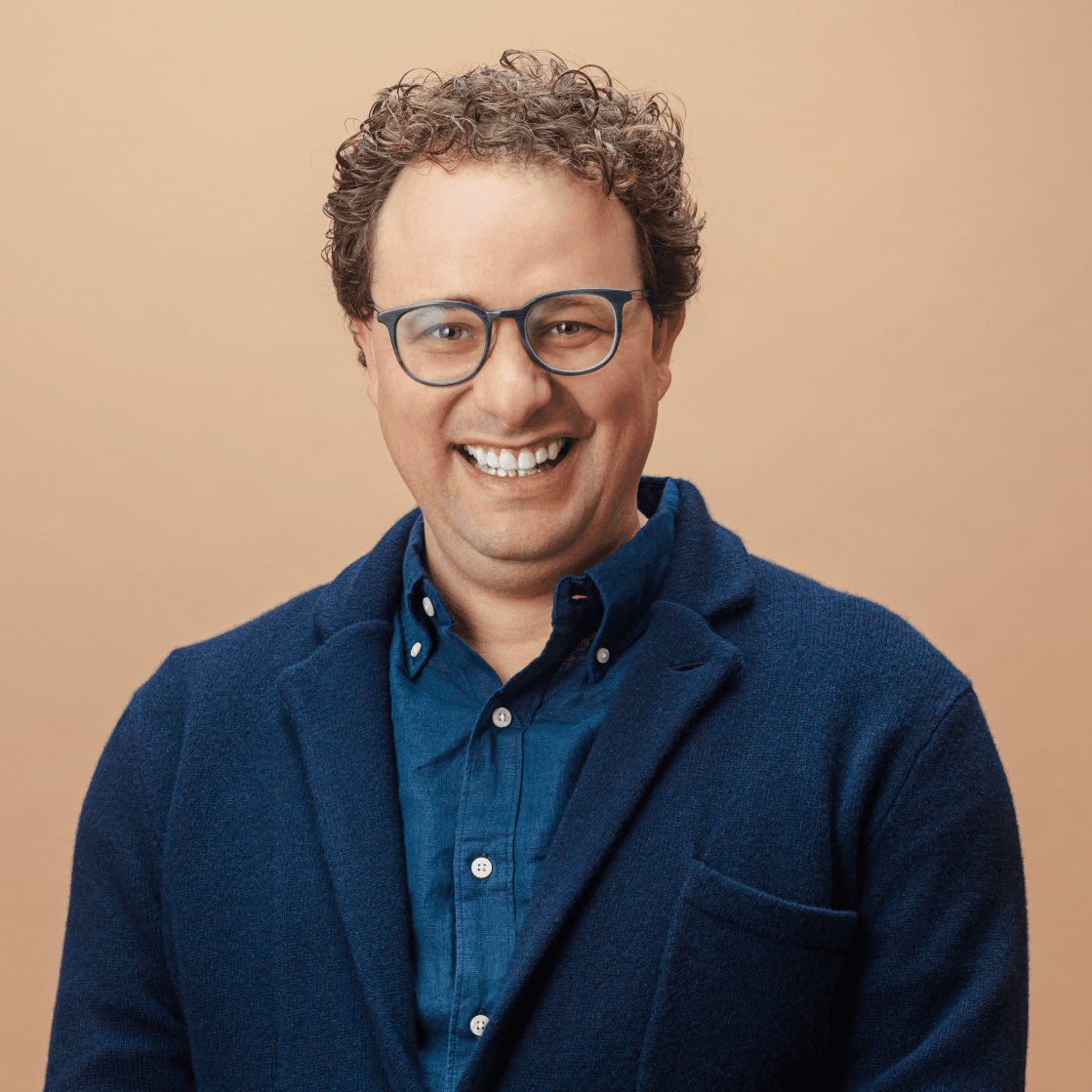
Anthropic CEO: Chinese AI failed safety test
Anthropic CEO Dario Amodei expressed serious concerns about DeepSeek, a Chinese company that recently surprised Silicon Valley with its R1 model. His concerns go beyond usual claims about user data transfer to China.
In an interview with Jordan Schneider’s ChinaTalk podcast, Amodei stated that the DeepSeek model generated sensitive information about biological weapons during safety testing conducted by Anthropic. “These were the worst results among all models we’ve ever tested,” Amodei claims. “It completely lacked any blocks against generating such information.”
According to Anthropic’s CEO, such evaluations are regularly conducted by the company for various AI models to identify potential national security risks. The team checks if models can generate information about biological weapons that is difficult to find on Google or in textbooks. Anthropic positions itself as a developer of foundation AI models with special focus on safety.
Amodei noted that current DeepSeek models don’t pose a “literal danger” in terms of providing rare and dangerous information, however, the situation might change in the near future. Although he highly rated the DeepSeek team as “talented engineers,” Amodei urged the company to “take AI safety seriously.”
In the ChinaTalk interview, Amodei didn’t specify which DeepSeek model Anthropic tested, and didn’t provide additional technical details about the conducted tests. Neither Anthropic nor DeepSeek responded to TechCrunch’s request for comment.
